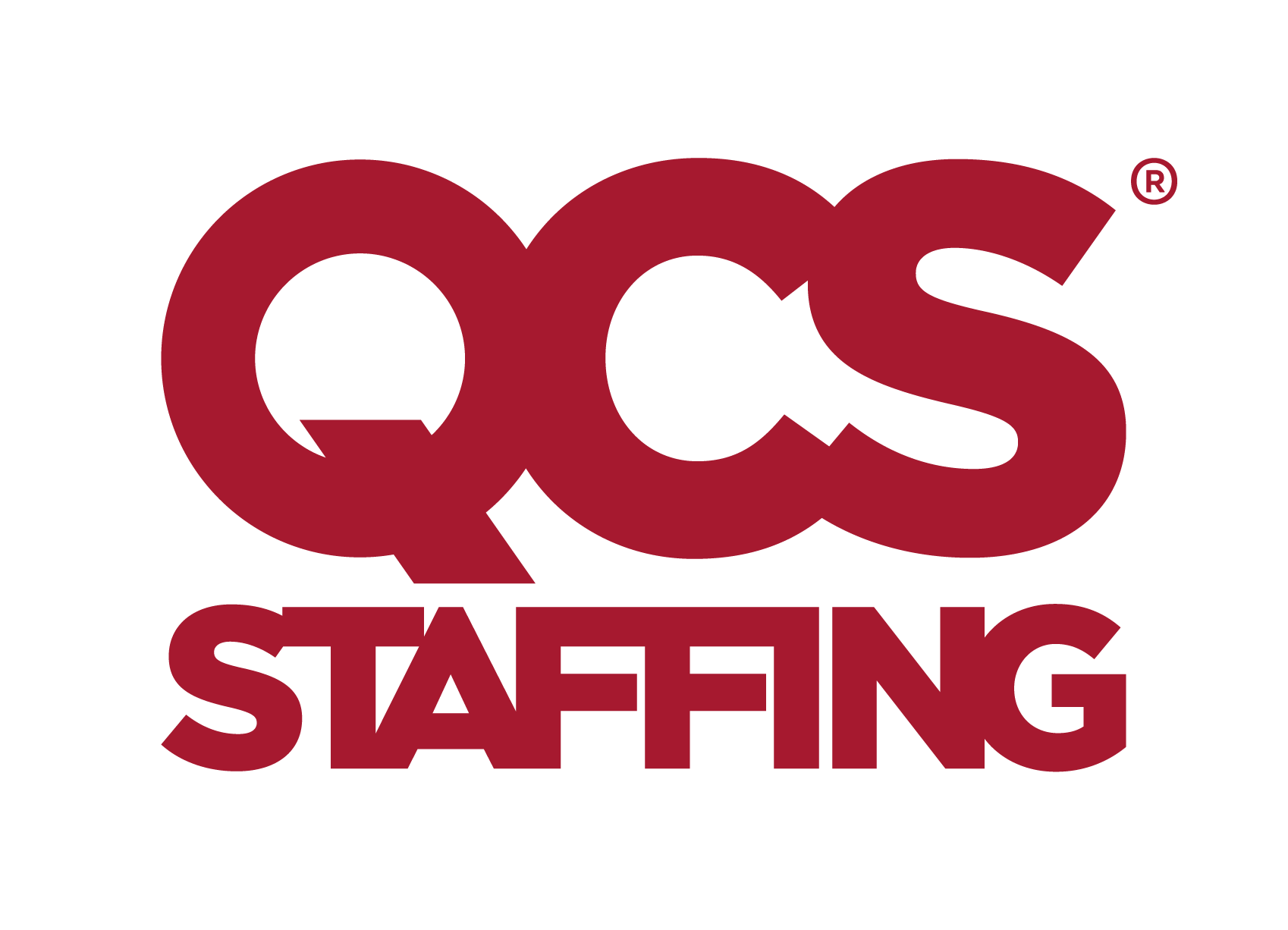From Cabling to Cloud: Evolving Job Roles in Modern Data Centres
The datacentre landscape has come a long way. Where rows of servers and complex
cabling were the backbone of operations, today’s facilities are increasingly
powered by cloud-basedsystems that offer greater flexibility, scalability, and cost-efficiency.
This shift is not just about technology, it’s reshaping the types of roles
available, and the skills employers are looking for. Whether you're already
working in the industry or considering a move into it, this blog will walk you
through how job roles are evolving and where new opportunities are emerging.
Traditional Roles or Data Centre Jobs
Typically, data centres need professionals who are adept at installing and managing cable systems and physical hardware. Some common roles in this regard include:
- Data Centre Engineer: One of the traditional data centre jobs involves data centre engineers who oversee the physical infrastructure. For example, they design and implement cabling systems while efficiently managing the racking and stacking of equipment.
- Electrical Network Engineers: Electric network engineers, as the name implies, design, install, and maintain the electrical systems that power the facility. They ensure stable power through backup systems like generators and UPS, and also implement high-voltage switchgear.
- Construction Manager: A construction manager in data centres oversees the build process, ensuring technical systems like cooling and power are installed correctly and on schedule. They coordinate contractors, manage budgets, and ensure safety and quality standards are met throughout the project.
Top Evolving Data Centre Jobs to Look Out For
As of March 2025, the United States alone was home to over 5,400 data centres-more than any other country in the world. But it’s not just the number of facilities that’s growing; the way they operate is changing fast. Many data centres are moving away from traditional hardware-heavy setups and embracing cloud-based infrastructure. Why? Because cloud systems reduce the need for constant hardware upgrades and maintenance, while offering faster scalability and better cost control.
This shift is creating a wave of new job opportunities and transforming existing ones. Whether you're a hands-on technician, a cloud-savvy engineer, or someone looking to break into the industry, there are plenty of exciting roles emerging in this space. Below, we’ve highlighted
Cloud Architects and Administrators
As data centres continue to shift toward cloud-first strategies, cloud architects and administrators are becoming some of the most sought-after professionals in the industry. These roles are central to designing, implementing, and managing cloud environments that support everything from day-to-day operations to long-term digital transformation goals.
Cloud architects are responsible for the big-picture design of cloud infrastructure. They assess an organisation’s needs and recommend the best combination of cloud services, whether Infrastructure as a Service (IaaS), Platform as a Service (PaaS), or Software as a Service (SaaS). Their job involves more than just technical know-how; they must also align cloud strategies with business objectives, ensuring that the solutions they implement are scalable, secure, and cost-effective.
Cloud administrators, meanwhile, focus on the operational side, managing cloud resources, monitoring performance, and troubleshooting issues. They ensure that systems run smoothly, updates are applied correctly, and users have the access they need without compromising security.
Both roles require a strong understanding of cloud platforms like AWS, Microsoft Azure, or Google Cloud, as well as knowledge of compliance standards such as ISO 27001 or GDPR. A key part of their job is also stakeholder communication, educating teams and leadership on how to use cloud tools effectively and securely.
DevOps Engineers
DevOps engineers are the glue between software development and IT operations, helping organisations deliver applications and services at high velocity. In the context of modern data centres, their role is crucial for maintaining efficiency, reliability, and scalability in increasingly complex environments.
The core mission of a DevOps engineer is to automate and streamline the software development lifecycle (SDLC). They build and maintain CI/CD (Continuous Integration/Continuous Deployment) pipelines, allowing development teams to release updates faster and more frequently. This is especially important in cloud-based data centres, where agility and rapid deployment are key to staying competitive.
DevOps engineers also manage infrastructure as code (IaC), using tools like Terraform or Ansible to automate the provisioning and configuration of servers and services. They monitor system performance, identify bottlenecks, and ensure that applications are running smoothly across different environments.
While they don’t typically write application code, DevOps engineers need a solid grasp of programming and scripting languages such as Python, Bash, or Go. They also work closely with developers, QA teams, and system administrators, making strong communication and collaboration skills essential.
Information Security Analysts
With cyber threats on the rise, information security analysts play a vital role in protecting data centres from breaches, ransomware, and other malicious attacks. These professionals are the first line of defence in safeguarding sensitive information and ensuring compliance with security standards.
Their responsibilities include monitoring networks for suspicious activity, conducting regular security audits, and implementing firewalls, encryption, and intrusion detection systems. When a threat is detected, they lead the incident response - identifying the breach, containing the damage, and restoring systems as quickly as possible.
Beyond reactive measures, security analysts also take a proactive approach. They stay up to date with the latest threat intelligence, assess vulnerabilities in existing systems, and recommend improvements to reduce risk. Many also run internal training sessions to raise awareness among staff and promote a culture of cybersecurity.
Given the financial and reputational damage, a cyber-attack can cause…especially in industries like finance, healthcare, and cloud service - this role is more important than ever. Candidates with certifications like CISSP, CompTIA Security+, or CEH (Certified Ethical Hacker) are especially in demand.




.png?v=800af57f2f041ef8ce560a671fee9cb1)

.png?v=1d15e23958a7d98be46080f03d6f2554)